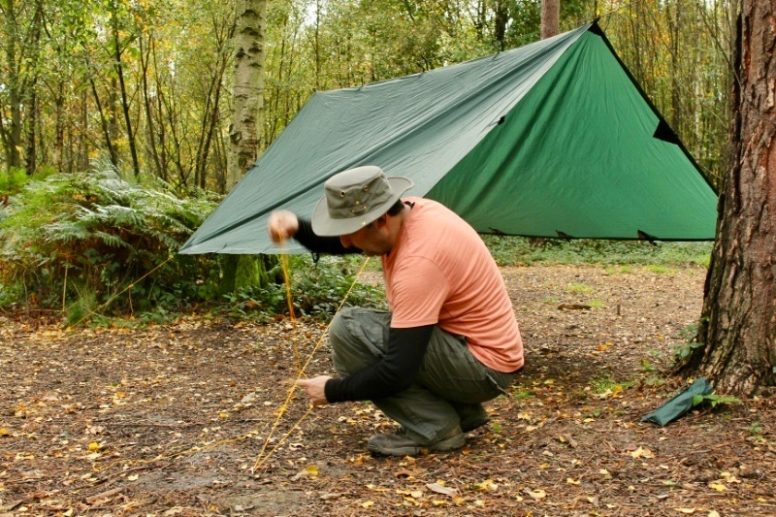Your Cart is Empty
Unbeaten on Value

Make Camping Eco-Friendly
Eco camping, also known as sustainable camping, is a form of camping that seeks to reduce the impact on the environment. It aims to minimize the use of natural resources, reduce waste, and preserve the natural environment. With the rise of eco-tourism, eco camping has become increasingly popular among campers who are conscious of their impact on the environment.
One of the main ways to reduce the impact of camping on the environment is to use eco-friendly camping gear. This includes using a hammock tent made from sustainable materials, such as recycled polyester or organic cotton, and sleeping bags made from natural materials like wool, cotton, or bamboo. Eco-friendly camping gear also includes reusable plates, cutlery, and cups made from sustainable materials like bamboo or corn-starch.
Another way to reduce the impact of camping on the environment is to minimize waste. This can be done by bringing reusable containers for food and drinks, using biodegradable soap and shampoo, and packing out all trash. Campers should also avoid bringing single-use plastic items like water bottles, straws, and bags.
In addition, campers should practice Leave No Trace principles. This means leaving the campsite in the same condition it was found in, avoiding disturbing wildlife and vegetation, and using established trails and campsites. By following these principles, campers can minimize their impact on the environment and preserve the natural beauty of the campsite for future generations.
Another way to reduce the impact of camping on the environment is to use renewable energy sources. This includes using solar-powered lanterns and chargers, which can be charged during the day and used at night. Campers can also use portable solar panels to charge their electronic devices, reducing the need for batteries or generators.
Water conservation is another important aspect of eco camping. Campers should use water sparingly, taking quick showers and washing dishes in a basin rather than letting the water run. They should also avoid using soap and shampoo in natural water sources like streams and lakes, as this can harm aquatic life.
Finally, campers should be mindful of the impact of their transportation on the environment. They can reduce their carbon footprint by carpooling or using public transportation to get to the campsite. They can also choose to camp closer to home, reducing the distance they need to travel.
In conclusion, eco camping is an excellent way to enjoy the great outdoors while minimizing the impact on the environment. By using eco-friendly camping gear, minimizing waste, practicing Leave No Trace principles, using renewable energy sources, conserving water, and reducing transportation emissions, campers can reduce their impact and preserve the natural beauty of the campsite for future generations.
Comments will be approved before showing up.